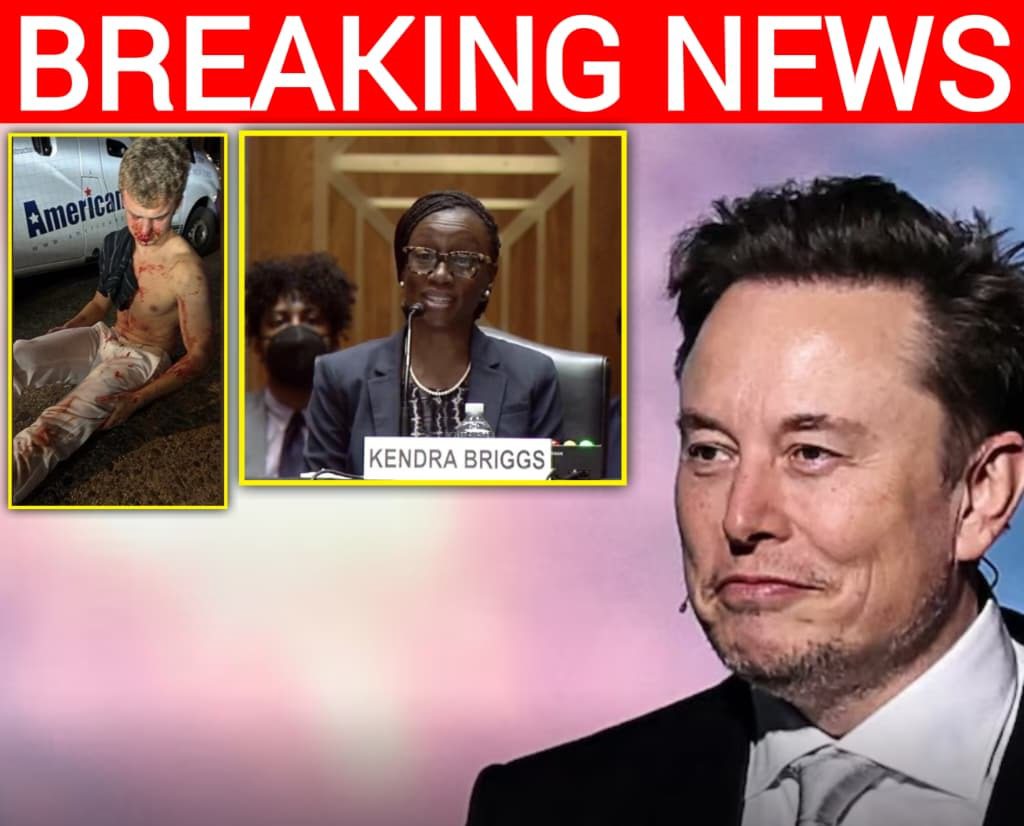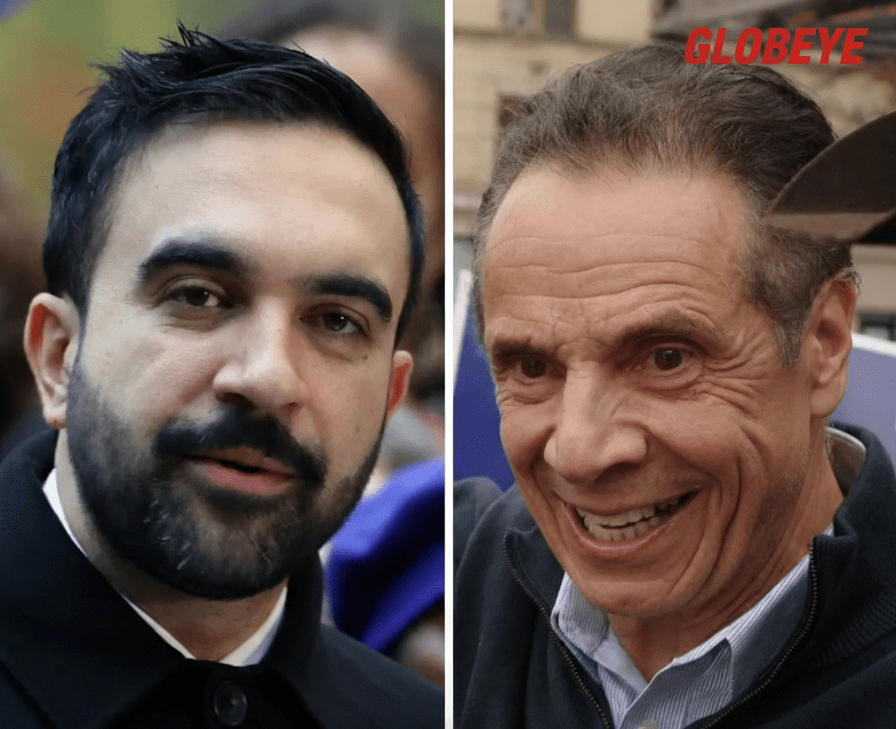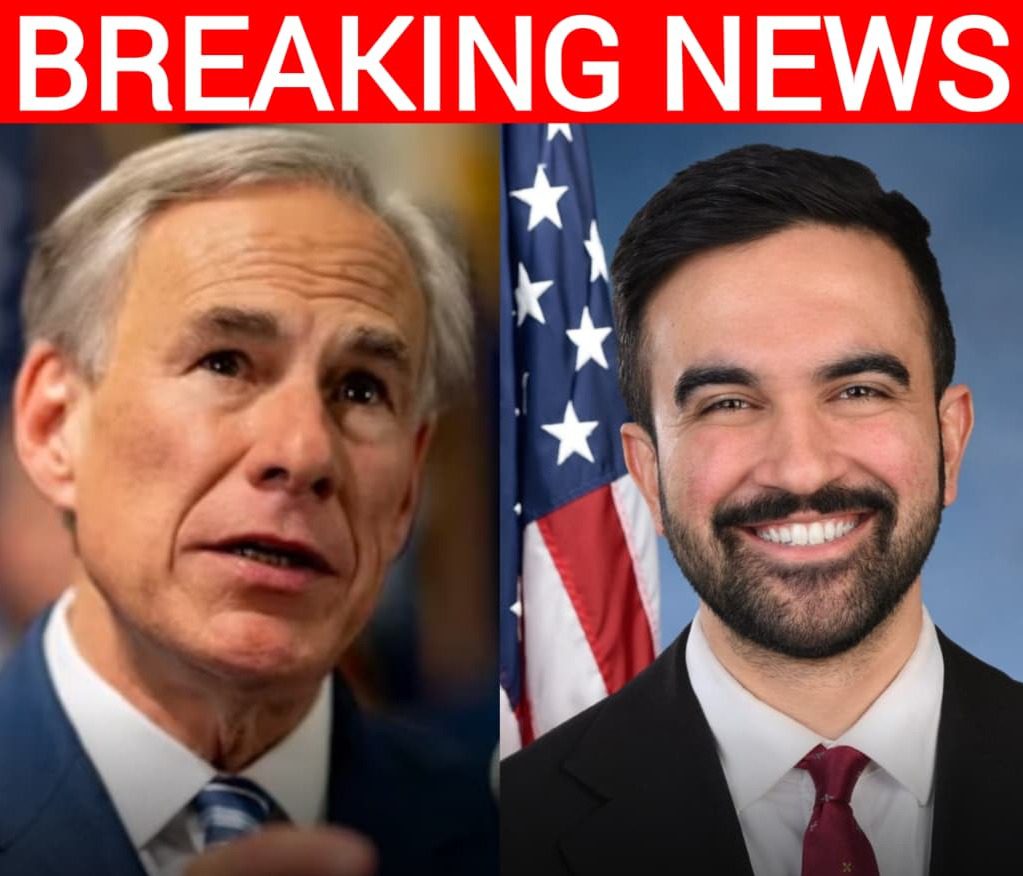Elon Musk Accuses D.C. Judge Kendra Briggs of Racism After Teen Attackers of Former DOGE Employee Walk Free, Calling It Proof of Bias in America’s Courts
Elon Musk has ignited a fierce national debate after publicly condemning D.C. Superior Court Judge Kendra Briggs for what he called a “racist verdict” in the controversial sentencing of two juveniles who brutally assaulted former DOGE staffer Edward Coristine earlier this year. The billionaire entrepreneur, known for his blunt criticism of institutional bias, said the judge’s lenient ruling—granting probation instead of prison time—reveals a deep imbalance in how justice is applied across racial lines in America.
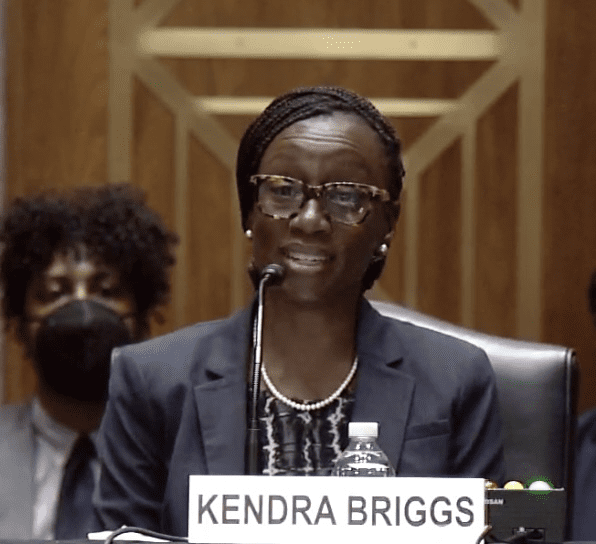
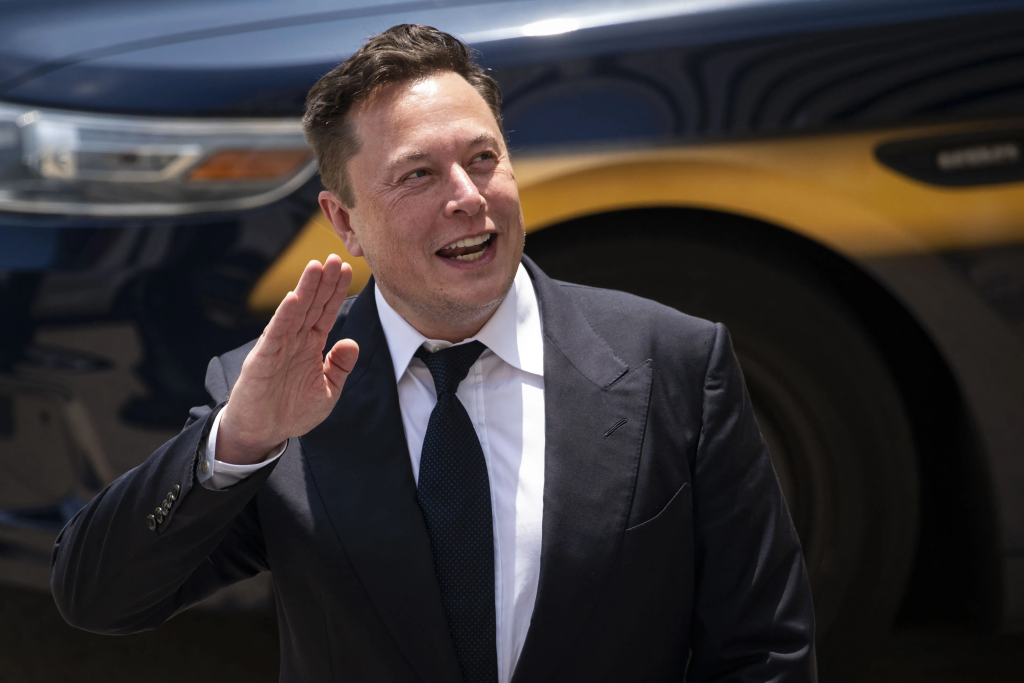
The case, which unfolded in August 2025, centered on an attempted carjacking that left Coristine, a former marketing staffer for DOGE and a popular online personality nicknamed “Big Balls,” hospitalized with serious injuries. According to police reports, Coristine had intervened during an apparent vehicle theft involving a group of teens when he was assaulted and left unconscious on the street. His recovery, shared online through images showing extensive bruising and broken ribs, quickly went viral—fueling anger about rising urban crime and what many view as the justice system’s unwillingness to punish violent offenders.

Judge Briggs’ decision to sentence the two assailants—both minors—to probation drew instant backlash across social media. Critics, including Musk, accused her of displaying double standards driven by race and political ideology. “The simple test to apply is this,” Musk wrote on X. “If the races were reversed, the White kids would be in prison.” His statement echoed a growing frustration among many Americans who believe that “equity-driven” sentencing and diversity mandates have eroded fairness in the courts.
Supporters of Musk’s view say this case perfectly encapsulates what has gone wrong with modern justice—where ideology and optics appear to overshadow accountability. Coristine’s case became a rallying cry not just for those angry about crime but also for those who see cultural double standards creeping into law enforcement and judicial policy. As the story gained traction, President Donald Trump weighed in, calling the situation “a disgrace to the American people” and renewing his calls for greater federal oversight of D.C. courts, which operate under Congress rather than a state system.
The broader implications of this case stretch far beyond one courtroom. It touches on the country’s ongoing reckoning with how race, class, and political pressure shape outcomes in criminal justice. Under Trump’s renewed “Law and Order” platform, his administration has emphasized equal enforcement and harsher penalties for violent offenders, regardless of background. The Coristine incident has reignited those conversations—especially among conservatives who see Musk’s comments as exposing an uncomfortable truth.
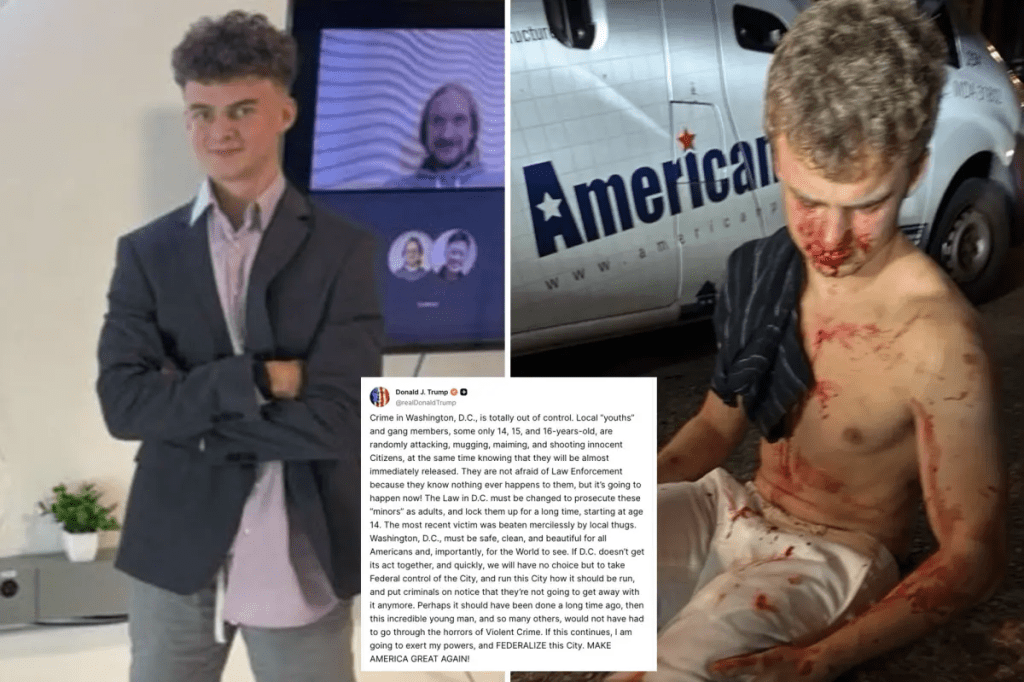
Meanwhile, Edward Coristine himself remains a symbol of courage and consequence. Friends describe him as someone who “never backed down” and who simply tried to do the right thing on that night in August. His story, amplified by Musk’s defense, has inspired renewed public scrutiny of progressive court practices that many argue have made cities less safe.
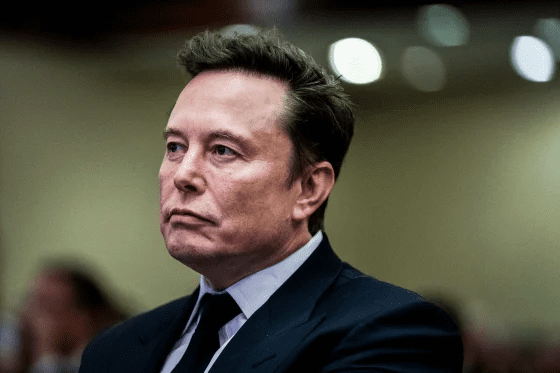
Judge Briggs has not issued a public response, though court officials have defended her ruling as consistent with D.C. juvenile sentencing guidelines. Still, for millions following the case, the optics of two offenders walking free after a violent attack on an unarmed man have left a lasting impression of injustice. The case continues to reverberate across both political and cultural lines—drawing renewed calls from Trump supporters and law enforcement advocates to “restore accountability” in the justice system.
In the end, Musk’s comments are more than a reaction—they’re part of a larger conversation about what fairness should mean in modern America. His words, while polarizing, have drawn attention to a painful question: when the law bends for appearance’s sake, who really pays the price? For many Americans, this case has provided a sobering answer.
